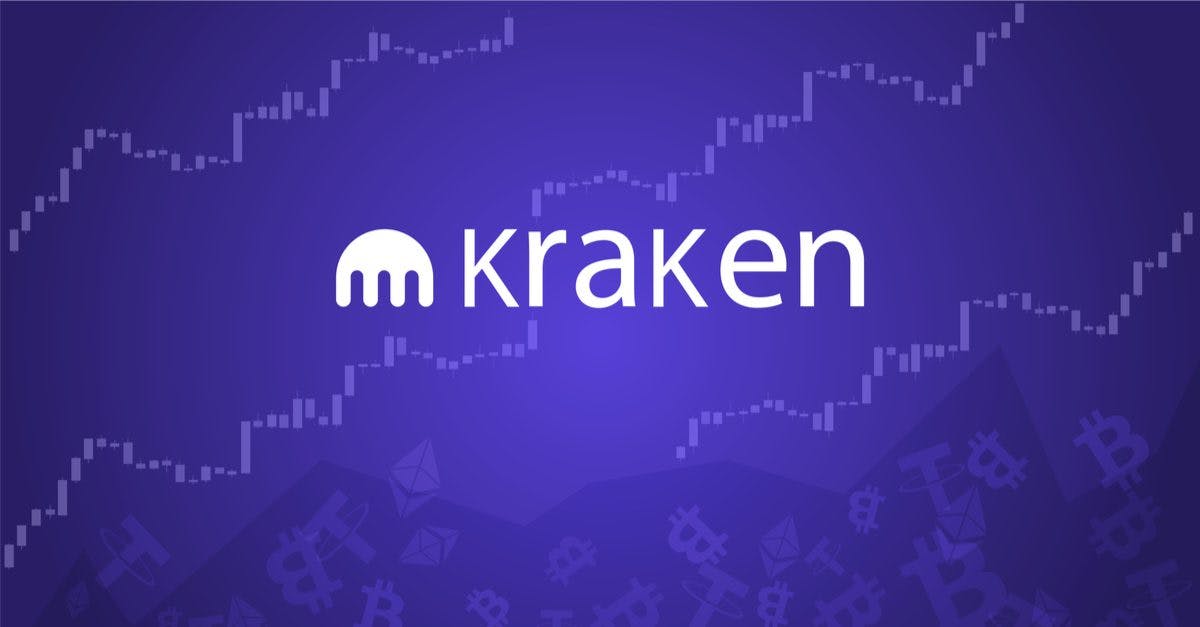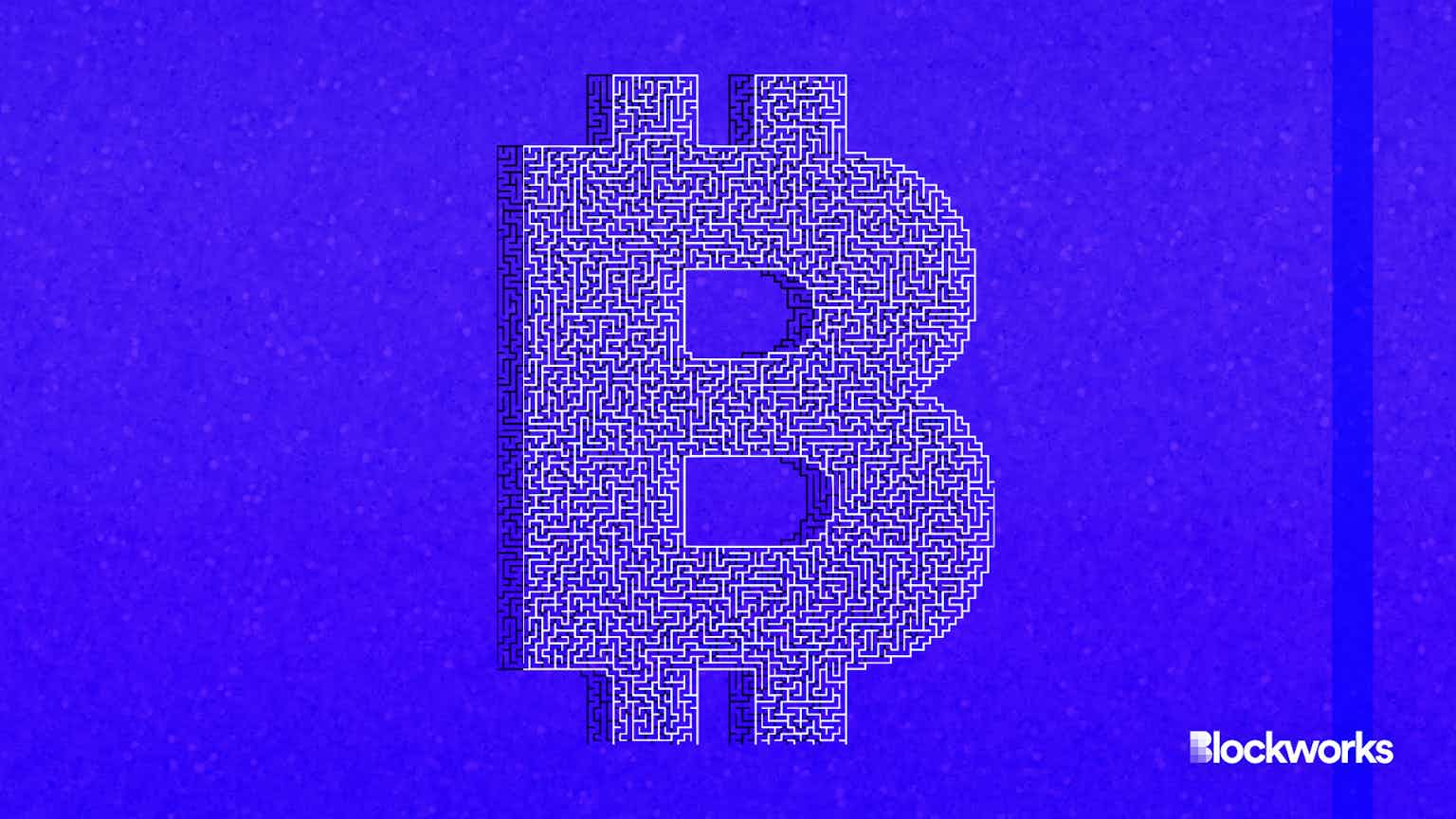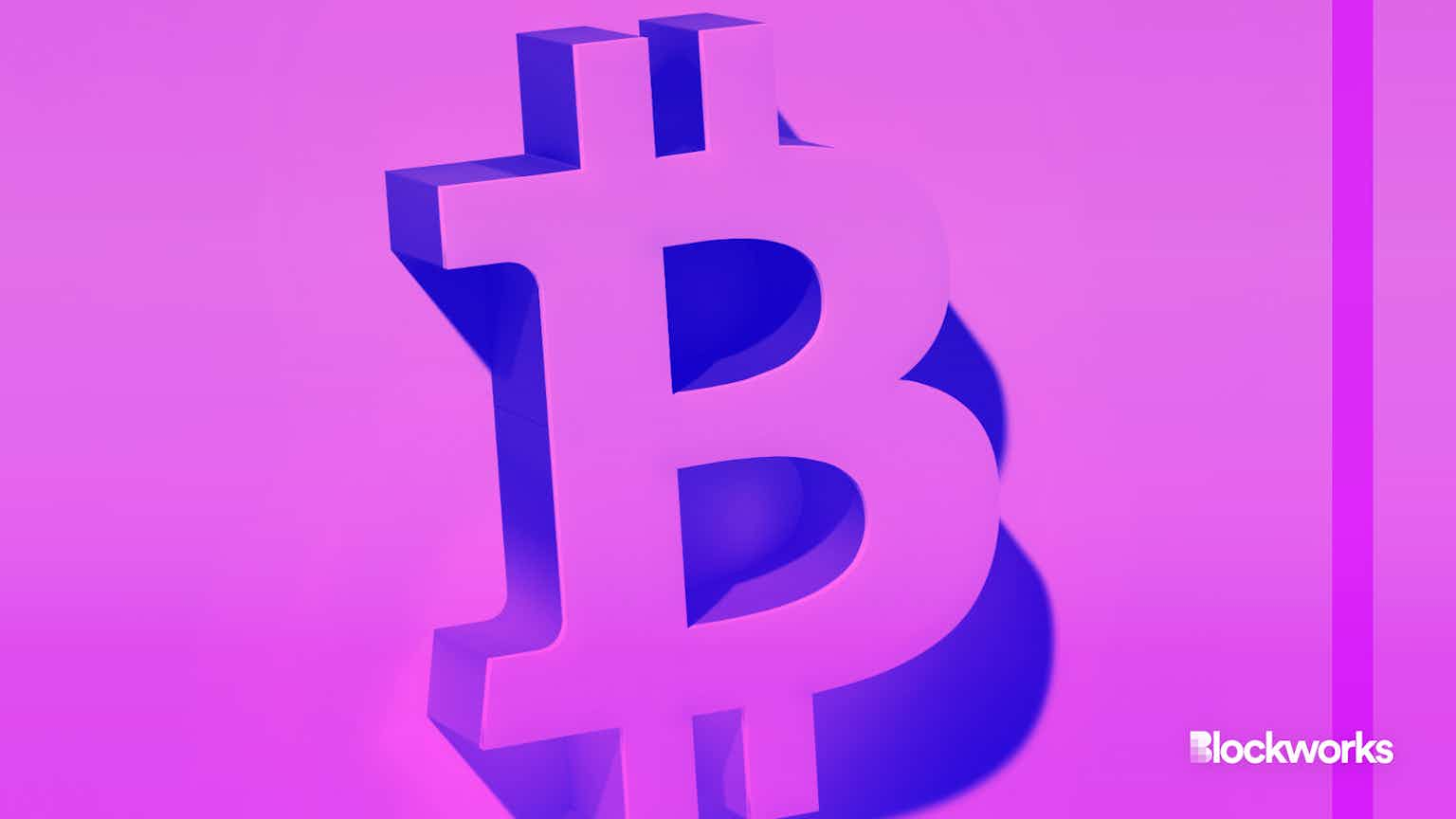Kraken to Pay $1.25M in Settlement With Commodity Futures Trading Commission
Kraken must pay the civil monetary penalty and must cease and desist from further violations from the Commodity Exchange Act (CEA), which regulates the trading of commodities in the US, CFTC said.

Source: Shutterstock
key takeaways
- The charges against the second-largest spot cryptocurrency exchange in the US are “for illegally offering margined retail commodity transactions in digital assets, including bitcoin, and failing to register as a futures commission merchant (FCM),” the CFTC stated
- Kraken told Blockworks, “We are committed to working with regulators to try to ensure the rules governing digital assets create a level playing field globally…”
The Commodity Futures Trading Commission issued a $1.25 million penalty fine against Kraken to settle charges against the crypto-exchange company after it allegedly offered illegally margined digital asset services, among other violations, according to a CFTC press release on Tuesday.
The charges against the second-largest spot cryptocurrency exchange in the US are “for illegally offering margined retail commodity transactions in digital assets, including Bitcoin, and failing to register as a futures commission merchant (FCM),” the CFTC stated.
The total number of assets staked on Kraken has reached $10.8 billion, as of Sept. 20, and $100 million in rewards has been paid out to clients as of late July, Blockworks previously reported.
Kraken must pay the “civil monetary penalty” and must cease and desist from further violations from the Commodity Exchange Act (CEA), an act that regulates the trading of commodities in the US.
In an email to Blockworks, Kraken shared the following statement, “We appreciate that today’s settlement acknowledges our cooperation and engagement on the issue. We are committed to working with regulators to try to ensure the rules governing digital assets create a level playing field globally — one that allows the crypto space in the U.S. to flourish, while protecting the interests of individuals and the integrity of the industry.”
“As a firm committed to reasonable regulation, we engaged with the CFTC about its proposed margin trading guidance and sought clarity about what the guidance would permit. In June of this year, we started limiting our margin products in the U.S. to eligible clients prior to entering into this settlement with the CFTC,” Kraken added.
“The Commission finds that Kraken violated CEA Section 4(a) because it engaged in retail commodity transactions that are prohibited by the CEA unless traded on or subject to the rules of a DCM — a registration designation that has neither been requested by nor granted to Kraken,” according to a separate statement by CFTC Commissioner Dawn Stump.
For context, the CFTC said that from June 2020 to July 2021, Kraken violated the CEA by offering margined crypto assets unlawfully because the transactions were required to take place on a designated contract market and they didn’t.
“According to the order, Kraken served as the sole margin provider and maintained physical and/or constructive custody of all assets purchased using margin for the duration of a customer’s open margined position,” the CFTC stated. Additionally, “Kraken illegally operated as an unregistered FCM,” it said.
Are you a UK or EU reader that can’t get enough investor-focused content on digital assets? Join us in London on November 15th and 16th for the Digital Asset Summit (DAS) London. Use code ARTICLE for £75 off your ticket. Buy it now.





